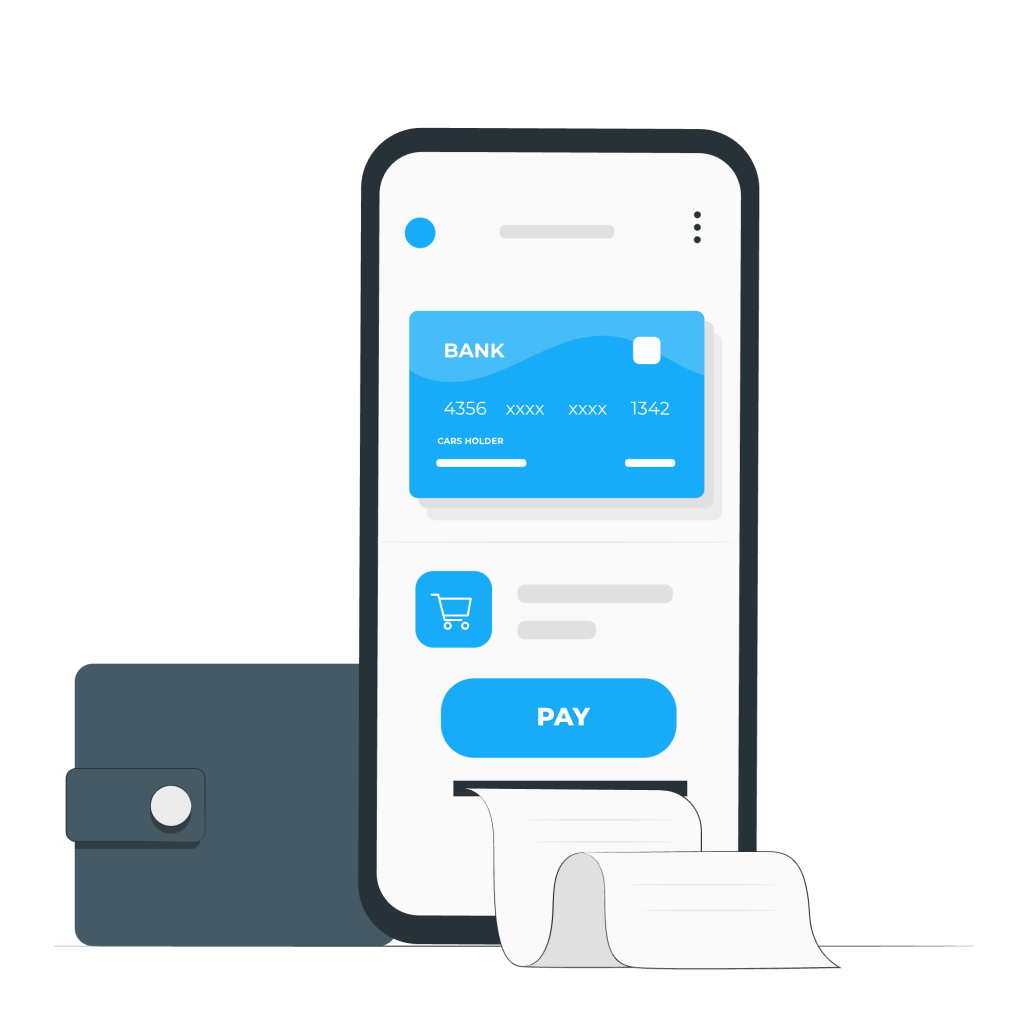How to Secure Your Online Payments?
Online payments have become a crucial aspect of our daily life in the current digital era.
With the press of a button, I can order pizza, buy books, pay my bills, and even contribute to my preferred charity. Nevertheless, despite how quick these transactions are, they also run the risk of putting my private financial information at risk.
Therefore, it’s essential to fortify your online payment methods to avert fraud or unauthorized intrusion. You may strengthen the security of your online transactions by using the measures I’m going to give, and you can relax knowing that your hard-earned money is secure.
Select Reliable Payment Gateways
Think about finding the ideal pair of shoes online and being excited to buy them. At the point of transaction, how can you ensure the safety of your credit card data? Utilizing reputable payment channels is crucial.
Reputable payment gateways abide by rigid industry standards and implement strong security measures to safeguard your sensitive data . They jumble your financial information during transmission using encryption, making it nearly hard for anyone to intercept and read. In conclusion, when shopping online, stay with the tried and true. You might end up saving a ton of hassle!

Monitor Financial Statements Regularly
Regular scrutiny of my financial statements is a practice I uphold. It’s like playing the role of a detective in your own financial case, searching for any indications of any shady dealings. And I can attest that it works! You can easily identify any fraudulent transactions by looking over your bank and credit card statements. Do not wait to act if something seems strange. Inform your bank or credit card provider of it immediately away. This preemptive strategy can aid in thwarting potential fraudsters.
Utilize Safe Payment Methods
You may provide your online payments a superpower that will make them almost impervious to danger. Two-factor authentication (2FA) is what it is known as. You will need to complete an extra step, like getting a code on your phone, to confirm every transaction you make. By implementing an extra layer of security, it becomes tougher for fraudsters to breach the system. Another security technique to take into account is tokenization. It works like a secret code by substituting a special token for your private payment information. So, even if someone tries to steal your data, they will only succeed in getting this useless token!
Ensure Security for Websites
When it comes to safeguarding private consumer information, the SSL certificate is crucial. It functions as a secure digital envelope, encrypting the data sent between your customer’s browser and your website. With this security measure in place, you can confidently receive sensitive data, including your clients’ payment details, without fearing interception.
Because of the growing cyber threats:
- SSL is now a requirement rather than a luxury. Google even identifies sites without SSL as “not secure,” which can cause a sharp decline in the authority and volume of visits to your website.
- More than $2 billion worth of websites, according to a Symantec Internet Security Threat Report, have flaws that might be used against them.
But there’s more! A thorough approach to website security should incorporate regular malware scanning, secure coding techniques, regular software updates, and the usage of a trustworthy antivirus. Antivirus programs like McAfee and Norton provide powerful functionality in this situation. If you’re unsure which one to choose, you can check the comparison of McAfee and Norton to make an informed decision. Ensuring the security of your e-commerce platform is a continual endeavor, vital in providing your customers with a secure, dependable, and trustworthy setting. After all, a satisfied consumer is one who feels secure.
PCI Compliance
Online card payments accepted? The Payment Card Industry Data Security Standard, or PCI DSS, is something else you should be familiar with.
These are a set of security requirements created to guarantee a secure working environment for all companies that take, handle, store, or send credit card information. Being PCI compliant enhances your reputation as a secure online merchant while also protecting the cardholder data of your customers.
Maintain Software Updates
Maintaining your software updated is a straightforward but frequently forgotten procedure. Your operating systems, web browsers, and payment applications fall within this category. Developers add enhanced functionality and patch potential security holes with every upgrade.
It’s similar to protecting your online castle against hackers. Consequently, the next time your gadget prompts for an upgrade, do not overlook it, as it might pose a threat to your online payment security.
Watch Out for Phishing Attacks
Ever had a ‘bank’ email you asking for your payment information? That is a perfect illustration of a phishing scam. To deceive you into providing your private information, cybercriminals pose as reputable companies. My recommendation is to be cautious.
Before entering any financial information, always double-check the legitimacy of emails, links, and websites. Don’t enter any information or click on any links if you’re unsure. Always choose safety over regret.
Educate Yourself
Don’t forget to educate yourself. Keep up with the most recent fraud prevention and security measures for online payments. Recognize new dangers and secure online transaction best practices. Knowledge is your best defense against potential hazards in the always-evolving online environment.
There you have it! My tips for keeping your online payments secure. Remember that by adopting these precautions, you can improve the security of your online payments while also preventing unauthorized access to your private data. Happy and secure shopping online!